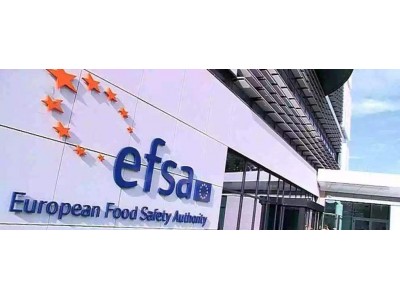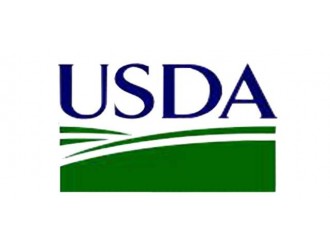By Jess Halliday, 08-Jul-2010
Related topics: Quality & Safety
Members of the European Parliament have voted against including meat or milk from cloned animals under the new novel foods regulation, an outcome that makes conciliation procedure likely unless the Council accepts the position.
The European Food Safety Authority has given a positive safety opinion on produces of cloned animals and their offspring, but did not examine the ethical aspects of the question. It has also recently called for new data.
YesterdayЎҜs vote confirms the view of the Environment committee, which voted against including cloned produce under novel foods in May. Existing novel foods rules implicitly include cloned produce (most likely to come from offspring rather than clones themselves) but the proposed legislation would make the situation explicit.
The MEPs did vote in favour of other major points of the proposed novel foods amendment, in particular the need for a more streamlined process.
But the thorny issue of cloning, as well as disagreement about how to deal with nanotechnology, now risk pushing the proposal into conciliation if the Council does not accept this outcome of the second reading in Parliament.
The Council has said that it would like food produced from cloned animals and their offspring would be included under the new legislation. However it would invite the Commission to report on all aspects of food from clones within one year of the regulation entering into force and, if necessary, to submit a proposal for specific legislation.
"A clear majority in the European Parliament supports ethical objections to the industrial production of cloned meat for food,Ўұ said Kartinka Liotard, rapporteur on novel foods for the Parliament.
Ў°Cloned animals suffer disproportionately highly from illnesses, malformations and premature death. MEPs have been calling for proper regulation for years: it's high time the Commission listened to the European Parliament and citizens on this issue."
Conciliation involves behind-closed-doors negotiations between the Parliament and Council.










 ең°еҢәпјҷь/font>
ең°еҢәпјҷь/font>


 欧зӣҹиҜ„дј°иҪ¬еҹәеӣ зҺүзұіMO
欧зӣҹиҜ„дј°иҪ¬еҹәеӣ зҺүзұіMO
 欧зӣҹиҜ„дј°дёҖз§ҚйәҰиҠҪзі–ж·Җ
欧зӣҹиҜ„дј°дёҖз§ҚйәҰиҠҪзі–ж·Җ зҫҺеӣҪжӢҹж’Өй”ҖиӢҘе№ІиӮүзұ»еҸүь/a>
зҫҺеӣҪжӢҹж’Өй”ҖиӢҘе№ІиӮүзұ»еҸүь/a> йІҒе…¬зҪ‘е®үеӨ 37060202000128еҸ¶ь/a>
йІҒе…¬зҪ‘е®үеӨ 37060202000128еҸ¶ь/a>



